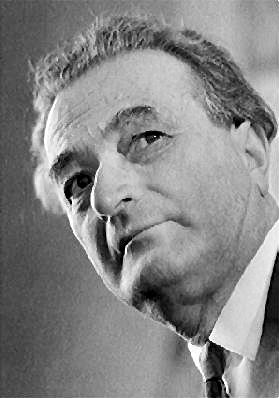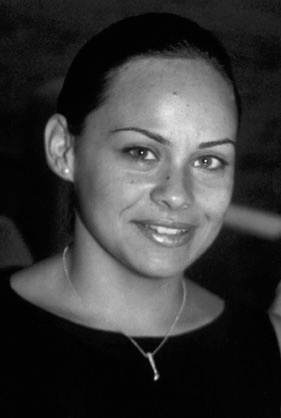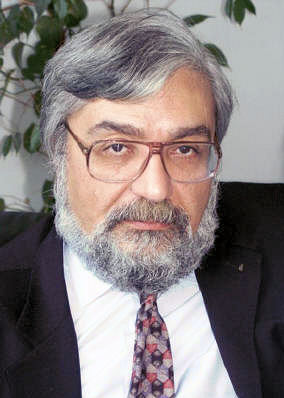If the thought of Turkish music conjures up visions of
snake charmers and fortune-tellers for you, its high
time to think again! 2007 marks the centenary of the birth
of the great contemporary Turkish composer Ahmet Adnan
Saygun, born in Izmir, or Smyrna, a city on Turkeys Aegean
coast where much Greek and Turkish blood has flown, and
an apt reminder of how closely interwoven the history
of these two peoples is.
Saygun
was a significant figure in the transition from centuries
of Ottoman rule to the secular Turkish Republic, founded
by Atatürk when the composer was a mere sixteen years
old. He succeeded in achieving an international outlook
in his music that was at the same time national, and in
developing his art without breaking away from his roots.
He is perhaps best know outside Turkey for having joined
Bela Bartók on a folk music study tour of Anatolia
in 1936 and for his Yunus Emre Oratorio, first
performed to acclaim in France in 1947.
 Ahmet
Adnan Saygun
Ahmet
Adnan Saygun
But
Saygun was a prolific composer who contributed to virtually
every genre of classical music, including opera. His cello
concerto, an evocative late work, was composed in a neo-classical
four-movement framework, this being clear evidence of
his studies in Paris. Despite all the European forms and
techniques, however, Sayguns music is reminiscent of
the sound of his country, by virtue of distinct modal
patterns and metrics resulting in his own unique style.
Nonetheless, he often reminds us of the work of Shostakovich
or Prokofiev: small wonder perhaps considering that the
Turkish Republican cultural reforms had quite a bit in
common with the initial ideals of Soviet-style socialism.
One can only hope that during this anniversary year Sayguns
work will be heard outside Turkey even more than in the
past, perhaps also resulting in more available recordings
at present, three of his symphonies and his violin concerto
are to be had from cpo, but more would be welcome
(this is music you want to listen to, not read about!),
especially the cello concerto, played exquisitely in Athens
by cellist Rahsan Güvençer, an artist who is obviously
intimately familiar with this mature piece by the composer
who succeeded in merging Western classical and Turkish
folk and art music.

Rahsan
Güvençer
Though
the concerto was the focal point of the evenings program,
this marvelous orchestras other offerings were no less
commendable, including works by Turkish composers such
as Ulvi Cemal Erkin, Ferit Tüzün, and the symphonic poem
The Death of the Gallant Woman, an old warhorse
of Greek orchestras by the much revered Hellenic composer
Manolis Kalomiris (whose name the Greek National Conservatory
bears with pride). By all accounts of those present, this
work has seldom been performed so beautifully! The evening
closed with conductor Selma Adas Symphony No. 1.; he
may come across as a bit of an eccentric on stage, but
this is a clever piece making one curious to find out
more about his opera Ali Baba and the 40 Thieves, currently
showing at Istanbul State Opera, where he was also recently
appointed artistic director.
The only flaw
to this commendable initiative, including a concert in the same vein given by
Athens State Orchestra in Istanbul a day earlier, on January 11th,
was that attendance was disgracefully poor. The musicians on stage nearly
outnumbered their audience, presumably due to lack of publicity. Granted, the
evening was scheduled after the Megaron Concert Halls annual program had gone
to the printers, but surely more could have been done to advertise it, seeing
this was not just another concert but rather a quite an extraordinary event?
Regardless, those of us who were there will certainly spread the word, and hope
that the exciting perspective of building musical bridges between Istanbul and
Athens (or perhaps Ankara and Thessaloniki next time?!) will be carried forward.
Anyone
interested in reading more about opera in Turkey should
look here,
and more about Athens State Orchestra is to be found here.
Bettina Mara





